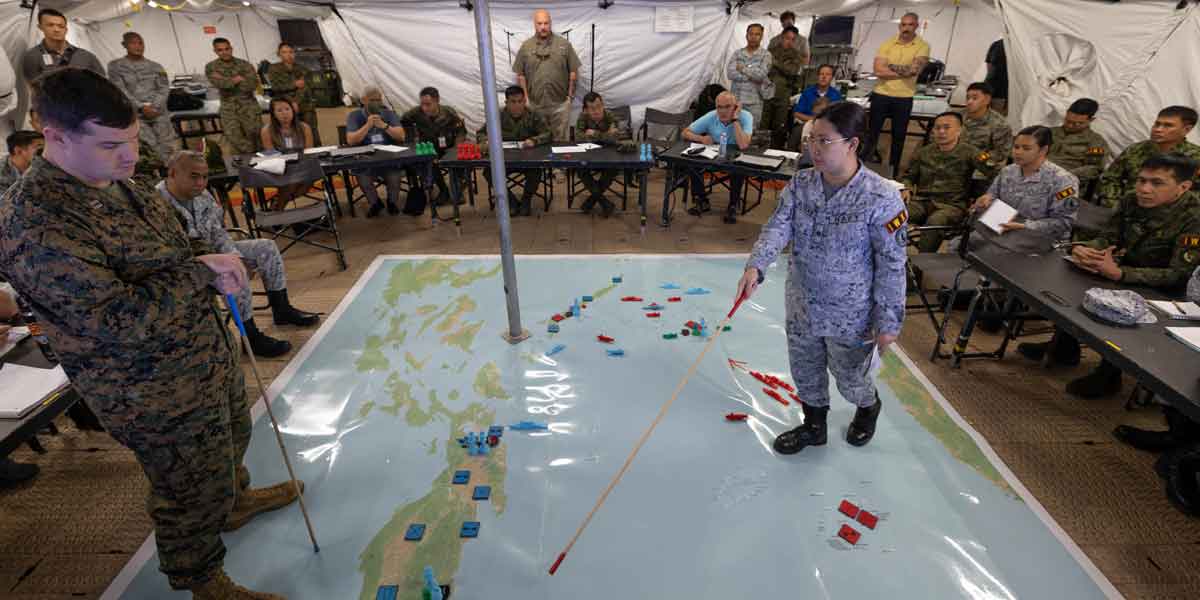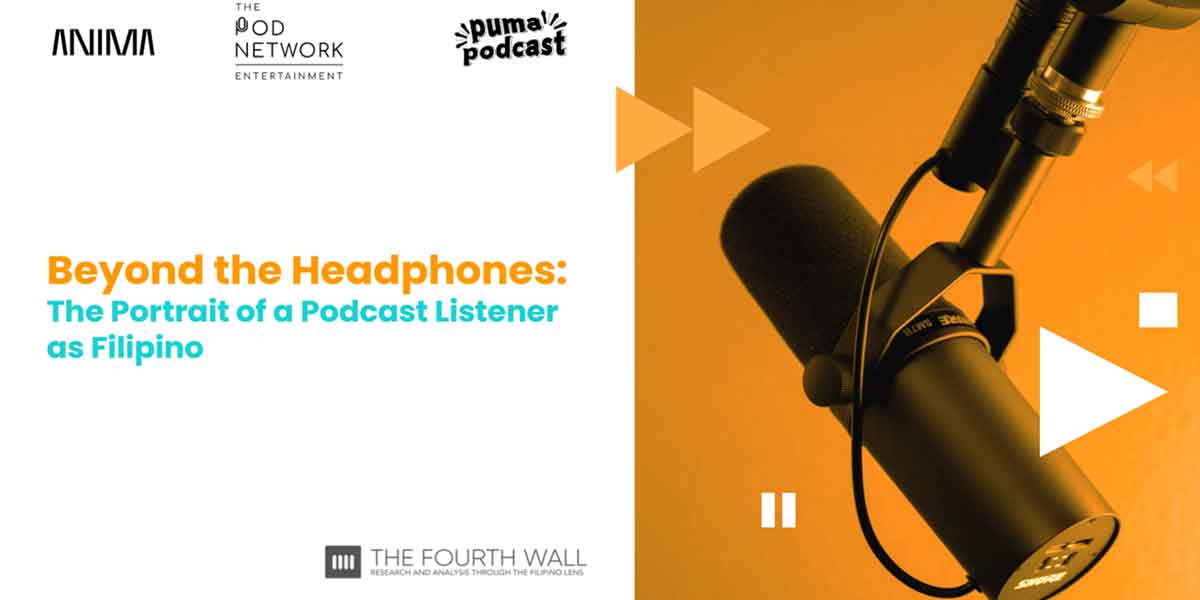 By Engr. Edgar Mana-ay
By Engr. Edgar Mana-ay
In year 2011, a campaign lead by the West and NATO succeeded in overthrowing and killing Libya dictator Muammar Gaddafi who was massacring its own citizens. Since then, peace has never descended to the Libyan people which is an irony because the Libyans were supposed to be liberated from a brutal and cruel dictator so that they can have freedom and peace in life. Libya has since been torn by a civil war among the many tribal factions within Libya and with the vacuum left behind by the West, the ambivalence of the US, and the paralysis of the Europeans, this led to the resurgence and a fertile battle ground of two Middle East power groups competing for influence in the country.
Now the conflict is LESS Libyan and more external – regional powers vying for Libya’s oil and political gains, sending foreign fighters to settle scores on Libyan soil using Libyan money and Libyan factions. Libya is now the international cock pit arena of two foreign factions. The web of foreign interest is vast and tangled. Turkey and Qatar on one side supporting the UN recognized Libya government in the West with capital at Tripoli and the group of Saudi Arabia, United Arab Emirates, Egypt, Jordan, US and Russia (who is a close ally of Turkey in all other ME disputes but are now on opposite side in Libya!), backing the Qaddafi-era general and warlord Field Marshall Khalifa Haftar whose self-styled Libyan National Army control the East of Libya and most of the oil fields with Benghazi as its government seat. (Remember the siege of the US embassy in Benghazi which resulted in the death of the Ambassador which many believed was the fault of Obama who refused to send helicopter gunship support to the US marines defending the embassy).
Each day flights pour into Libya carrying soldiers from Sudan, fighters from Syria, advisers from Turkey, tanks and drones from UAE and Jordan. The overwhelming influx of fighters and weapons has internationalized the conflict in Libya and the Libyan themselves are caught in a deeper struggle between competing political visions for their country and other states across the Arab world. The UAE which has long sent military hardware to General Haftar, operates a fleet of drones from its own military base, has also sent Sudanese fighters and Russian mercenaries. Both Turkey and UAE have violated arms embargoes, cease-fire agreements and a pact which both have signed in Berlin to halt hostilities.
Turkey, desperate for a foothold in the Arab world and suffering from psychosis of illusion and day-dreaming to revive the glories of the Ottoman empire, sees an opening in Libya. It has seen how Islamist groups across the region repressed or defeated at the ballot box. Egyptian President Abdel Fattah al-Sisi fears a Turkey-friendly government in Libya will lead to a resurgence of the Muslim Brotherhood Movement he toppled and stir up dissent at home. He sees General Haftar as the best way to restore stability, crack down on terrorism and secure the countries’ shared 695-mile border. Jordan is also silently backing up General Haftar by increasing airlifts of military support for the Libyan warlord. Jordan is wary that a Turkish foothold in North Africa may create a terrorist hotbed.
Libya is ranked No. 9 among countries in the world with the largest oil reserve estimated at 46.4 billion barrels (one barrel is 159 liters), and its last highest oil production was at 1.8 million barrels per day! At a conservative price of $40/bbl, that’s a daily income of $720 million per day! Its oil fields are very attractive because of the very low cost of oil extraction from underground at only $3/barrel. Its oil is also classified as “sweet crude” meaning very high-quality crude that can produce more diesel/ gasoline and other white products as compared to the Shengli crude of china whose only product is bunker fuel.
Below the hot and arid dessert of Libya is the biggest fresh water underground resource in the world located at the Sirt, Kufra, Hamra and Mursuq basins. These ancient ground water resource stored in 1,500 meters thick of continental sand aquifers was formed 24 to 65 million years ago. While present recharge from rainfall is effectively ZERO, water abstraction in 50 years to green the coastal dessert from Tripoli to Benghazi to support 200,000 hectares of agriculture will only be 120 cubic kilometer or ONLY 0.4 PERCENT of its total ground water reserve! At this rate of extraction, it will take Libya 12,500 years to mine its underground water resources, hence Libya can sell fresh water throughout its neighboring water starved Arab countries. It is a great tragedy and travesty that despite the country’s vast oil and water natural wealth, the Libyans are always part of the boat people escaping Africa towards Europe seeking for a better life.
There is somewhat a political parallelism between Libya and the Philippine where both got rid of a reigning dictator. In 1986 the Philippines also had a similar major government upheaval; the world famous bloodless (which runs counter to a Biblical adage that “without shedding of the blood, there is no remission of sin”) EDSA REVOLUTION. This writer was one of those millions of Filipinos who not only contributed (in my own little way) to the change and then was profusely hopeful afterwards, that the ouster of a corrupt dictator will usher a new morality among our people and government officials.
34 long years have passed and even part of the Edsa spirit, the basic trait of shame and guilt, (Japanese hara-kiri style to the extreme) was never instilled in our leaders (as shown by a cabinet secretary and a police commander in Manila who all refused to resign despite the pressure to do so). Because of this, the road to moral and political recovery was nowhere to be seen. Come to think about it, the better revolution should not have been Edsa but a revolution within our own hearts and mind to change the moral fiber of the Filipinos. We have to learn lessons from the plight of the Libyans whose miseries are due to their own undoing. It seems we are also treading a little bit on the same path of the Libyan people. Useless to our government officials were the words of Willard Gaylen who said: “Shame and guilt are noble emotions essential in the maintenance of civilized society, and vital for the development of some of the most refined and elegant qualities of human potential – generosity, service, self-sacrifice, unselfishness and duty.”
Note: The writer is a retired Philippine National Oil Company (PNOC) Drilling Manager involved in both energy and water exploration.






















